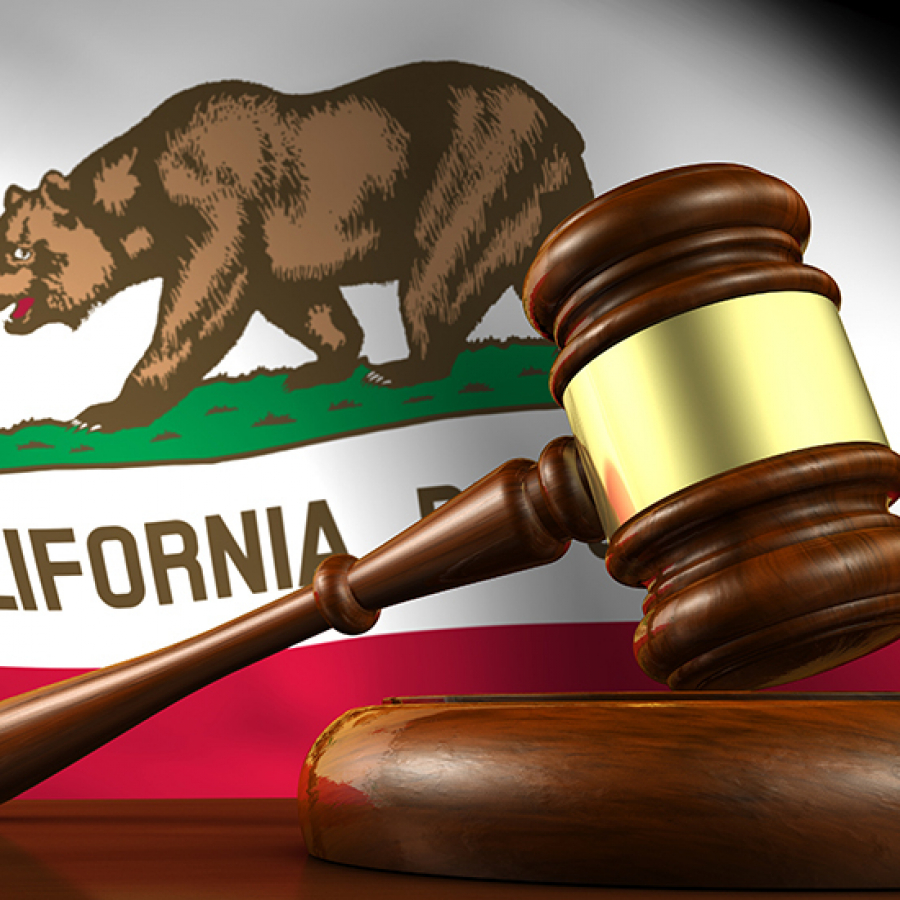
Legal
A Critical Moment for New Jersey’s Advanced Practice Providers
By Adam Reinebach, Chief Executive Officer, American Med Spa Association (AmSpa)New Jersey is at a crossroads.With the recent expiration of ...

Show your committment to patient safety, legal compliance and community over competition.
AmSpa members receive preferred pricing on all AmSpa live and virtual trainings.
Get the latest news and information about safe, legal practice in medical aesthetics directly in your inbox.
Get access to med spa laws, in-person and online training and more!
Posted By Mike Meyer, Monday, February 10, 2020

By Jeff Segal, MD, JD, ByrdAdatto and Medical Justice
The regulatory status of CBD seems to change yearly, if not monthly. It's enough to give the public whiplash. CBD, the non-psychoactive ingredient of marijuana or industrial hemp, supposedly treats everything under the sun now. Putting aside any claims of efficacy, what is its regulatory status?
The 2018 Farm Bill removed cannabis with extremely low concentrations of THC from the definition of "marijuana" in the Controlled Substances Act. Marijuana and industrial hemp are cultivated from the same species. Hemp and recreational cannabis are essentially the same plant. Industrial hemp has low concentrations (less than 0.3%) of the psychoactive component THC. The Farm Bill expanded the definition of hemp from stalky cannabis plants with small leaves to any cannabis plant with less than 0.3% THC. Sale of CBD from cannabis that has less than 0.3% THC no longer violates the Controlled Substances Act.
So far, so good. Removing CBD from the Controlled Substances Act explains why we see countless shops selling CBD in every state. But while the Department of Justice and the Drug Enforcement Administration now take the position that CBD is a non-issue, not every government agency agrees.
Amy Abernethy, MD, PhD, principal deputy commissioner of the U.S. Food and Drug Administration (FDA), said, "At present, any CBD food or purported dietary supplement products in interstate commerce is in violation of the FD&C [Food, Drug & Cosmetic] Act."

The reason: Epidiolex.
You would correct in retorting, "Huh?"
Epidiolex is a CBD product manufactured by GW Pharmaceuticals. It is FDA approved to treat specific types of medication-resistant seizures. Under the FD&C Act, it is illegal to sell a product that contains an active ingredient in an approved drug across state lines. The FDA considers products that contain CBD to be unapproved new drugs that violate the FD&C Act, even if such products claim to be dietary supplements. To the FDA, the same compound cannot be both a drug and a dietary supplement.
In other words, once CBD was approved by the FDA to treat seizures, entities other than GW Pharmaceuticals had no permission to sell it. The FDA treats it as a "counterfeit product," even if street CBD is indistinguishable chemically from the product distributed by GW Pharmaceuticals.
On one level, it makes sense. If Pfizer spent a decade and $1 billion doing clinical trials on a compound prior to approval, and a mom-and-pop store decided to sell knockoffs that were indistinguishable chemically, the FDA would take action.
So, once Epidiolex was approved by the FDA as a CBD compound to treat seizures, over-the-counter CBD became illegal as a supplement.

This seems confusing. In other words, the compound went from okay to illegal.
There is an FDA-approved fish oil, Vascepa. However, I can still walk down the aisle at Costco and see plenty of over-the-counter fish oil. Plus, there are pharmaceutical-grade vitamins and dietary supplements, such as Carnitine and Niacin. Likewise, if you walk into GNC, you'll see scores of such supplements.
Trying to think this through from a regulatory standpoint is enough to make your head explode.
Will the FDA take action against stores selling CBD? It's doubtful, unless individuals are harmed by the product or wild and outrageous claims are made by the seller. On the radio and in magazine ads, the fine print for supplements generally states that such compounds are not intended to diagnose or treat any condition. That would seem to be the bare minimum needed to sell CBD without triggering the FDA's wrath.
The FDA does not have unlimited resources to make good on its assertion that distributing CBD across state lines as anything other than Epidiolex is illegal. Time will tell.
AmSpa members receive a complimentary 20-minute Introductory Compliance Assessment with a ByrdAdatto attorney. Click here to learn how to join AmSpa today!

Jeffrey J. Segal, MD, JD, is a neurosurgeon turned serial entrepreneur turned attorney at ByrdAdatto who has literally been in both business and medicine. Segal was a neurosurgeon in private practice before beginning the second phase of his career as a serial entrepreneur in the health care field. He then founded or co-founded four separate health care startups. Segal lives and breathes health care and understands it viscerally.
Related Tags
Medical spa news, blogs and updates sent directly to your inbox.

Legal
By Adam Reinebach, Chief Executive Officer, American Med Spa Association (AmSpa)New Jersey is at a crossroads.With the recent expiration of ...

Legal
By Madilyn Moeller, Marketing Content Coordinator, American Med Spa Association (AmSpa)A few lines in a state bill can fundamentally change ...

Legal
If you’re running a medical spa, you probably wear a dozen hats before lunch, provider, HR, marketing, IT, therapist, and ...

Legal
California has now passed two laws that will have an effect on how investors, health care entities and management services ...